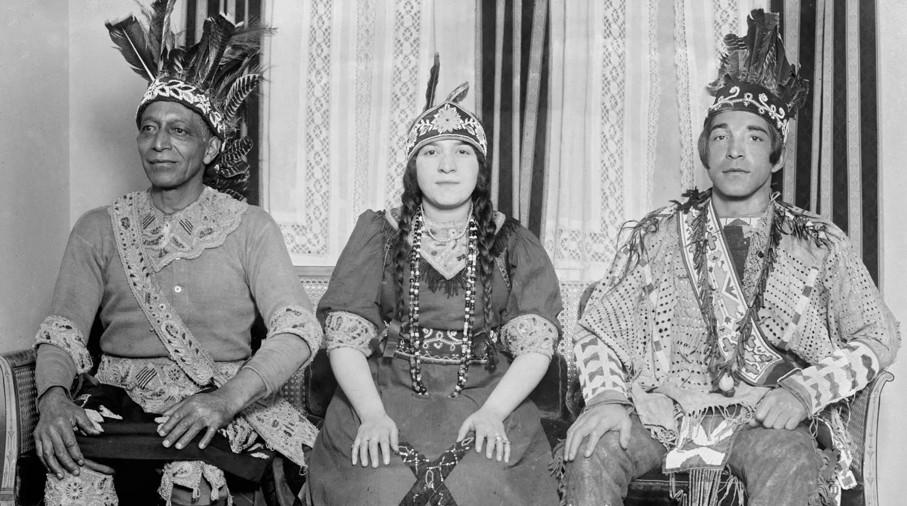
Coffee. For many, it’s more than just a beverage; it’s a ritual, a comfort, a jolt of energy to kickstart the day. But have you ever stopped to consider the rich and fascinating history behind this ubiquitous drink? From its mystical origins to its global domination, the story of coffee is a journey worth exploring.
Our tale begins in the highlands of Ethiopia, where legend tells of a goat herder named Kaldi. Around the 9th century, Kaldi noticed his goats acting unusually energetic after eating berries from a particular tree. Intrigued, he tried the berries himself and experienced a similar invigorating effect. While the exact details of this legend are debated, it’s widely accepted that Ethiopia is the birthplace of coffee cultivation and consumption.
From Ethiopia, coffee beans made their way across the Red Sea to Yemen, a region that played a crucial role in cultivating and popularizing the drink. By the 15th century, coffee houses, known as “qahveh khaneh,” were flourishing in Mecca and other major cities. These weren’t just places to get your caffeine fix; they were social hubs, centers of intellectual exchange, and places to share news and ideas. Naturally, this made them targets of suspicion, and attempts were made to shut them down, but the appeal of coffee proved too strong to suppress.
The 16th and 17th centuries saw coffee spreading beyond the Middle East and into Europe. Initially met with skepticism and even dubbed “the bitter invention of Satan” by some, coffee eventually won over Europeans with its stimulating effects and social benefits. Coffee houses sprang up across the continent, becoming vital centers of commerce, politics, and intellectual discourse, often earning the nickname “penny universities” due to the wealth of knowledge exchanged within their walls.
As demand for coffee grew, European powers sought to establish their own plantations. The Dutch, through strategic cultivation in colonies like Java and Ceylon (modern-day Sri Lanka), broke the Arab monopoly on coffee production. Soon, coffee trees found their way to the Americas, thanks to the French. During the 18th century, Brazil became a major coffee producer, establishing a dominance that continues to this day.
The 19th and 20th centuries witnessed the rise of mass production and consumption. Innovations like instant coffee and espresso machines made coffee more accessible and convenient than ever before. Major coffee brands emerged, shaping the industry and transforming coffee from a luxury to a daily necessity for millions.
Today, coffee is a global commodity, traded and consumed in virtually every corner of the world. From the carefully curated single-origin brews to the convenient instant granules, coffee comes in countless forms, reflecting diverse cultural preferences and tastes.
Looking back at its journey, it’s remarkable how a humble berry discovered centuries ago continues to captivate and energize us. The next time you savor that first sip of coffee, remember the rich history it carries, from the Ethiopian highlands to your own cup. It’s a story of perseverance, cultural exchange, and the enduring power of a simple, yet remarkable, drink.






